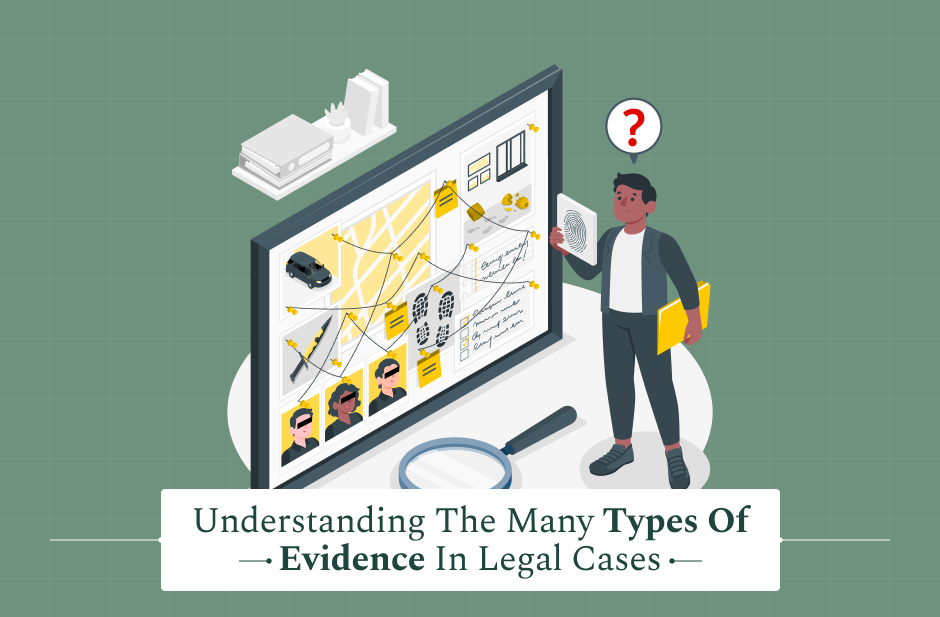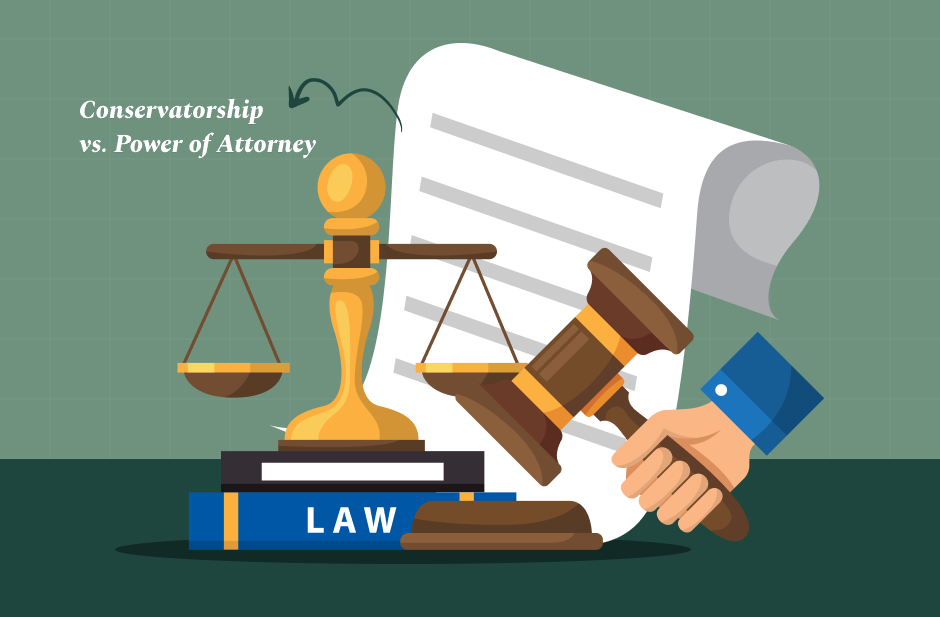In July 2025, a jury in San Jose, California, delivered a landmark verdict in a class-action lawsuit against Google: $314.6 million awarded to Android users over alleged misuse of their cellular data.
According to Investing.com, the plaintiffs argued that Google designed its Android operating system to collect and transmit information from users’ devices—even when those devices were idle—using the users’ paid cellular data without explicit, informed consent.
This ruling matters greatly: it underscores that background telemetry and system-level data collection are not purely technical issues, but potentially legal ones.
For Android users, it signals that “invisible” data usage might have real value—and that they may be able to claim compensation. On the other hand, for Google and other tech companies, it raises the stakes on how they architect, disclose, and monetize system services.
In this article, we will talk about the following things:
- What is the Google Android Cellular Data Lawsuit about?
- Major allegation in the Google Android Cellular Data Lawsuit.
- How Android sends data.
- Key findings and Jury decision in the Google Android Cellular Data Lawsuit.
- How can Android users claim their compensation?
Therefore, if these are a few things that you need to know, then keep on reading this blog till the end…
Background & Timeline Of The Google Android Cellular Data Lawsuit

The lawsuit was filed in 2019 in Santa Clara County (state court) by a group of plaintiffs on behalf of an estimated 14 million California Android users.
Additionally, the plaintiffs claimed that since around August 9, 2016, Google had built Android to passively transmit data over cellular networks—even when a user’s phone was idle, apps were closed, and the device seemed dormant.
The court granted class certification: Judge Kulkarni found that all—or virtually all—Android devices run the same software that triggers these “passive data transfers.”
After class certification, the case proceeded through discovery, expert analysis, and eventually to trial in June 2025 in the Santa Clara / San Jose superior court, according to GDPR EU. Opening statements began in early June, and after deliberation, the jury returned its verdict on July 1, 2025.
What Google Was Alleged To Do
Here are some of the major allegations in the Google Android Cellular Data lawsuit that you need to know about:
Idle Data Transfers (“Passive Transfers”)
One of the primary arguments that the plaintiffs made was that Google’s system performed “passive data transfers.” These are transmissions that occur even when a device is not in active use: the phone may be stationary, unused, and all applications closed, yet Android sends and receives data.
Type Of Data
The data allegedly transferred included log files containing operating system metrics, network-state data, and lists of open apps. According to one example presented by plaintiffs, a Samsung Galaxy S7 in default configuration sent and received nearly 8.88 MB/day, of which 94% involved communication between Google and the device.
Method & Frequency
These transfers did not rely solely on Wi-Fi. Rather, they happened over cellular networks, consuming users’ paid data plan. According to the complaint, in some tests, the device performed 389 such data exchanges in 24 hours.
Purpose
The plaintiffs argued that Google designed these transfers not just for system performance or security, but for its own benefit—namely, targeted advertising, telemetry, and performance analytics, states Business Today.
Additionally, The Guardian mentioned that their contention was simple. Google was “subsidizing” its data-collection business through users’ cellular plans, creating “mandatory and unavoidable burdens” on users.
Technical Mechanics: How Android Devices Sent Data
While it is important to learn about the legalities, it is equally important that the technicalities related to this are clear. Here are the mechanics and the process that comes into play when Android sends data:
Android Architecture
From a technical standpoint, these transmissions likely involve system-level services or daemons integral to Android’s architecture — such as logging and telemetry frameworks, diagnostics, sync engines, or Google Play Services components.
These services may be permitted to run in the background, even when a user is not actively engaging with their device.
Network Behavior: Cellular vs. Wi-Fi
The plaintiffs emphasized that Google could have configured these transfers to wait for Wi-Fi, but instead chose to permit them over cellular. Their expert evidence suggested that delaying until Wi-Fi was feasible, and that Google had the technical capacity to do so, but architected the system differently.
User Settings & Consent
Google’s defense rested in part on the argument that users had consented to these transfers — via its Terms of Service (ToS), privacy policy, and system settings, as per Android Central.
However, plaintiffs countered that ordinary users do not meaningfully understand or control such “system service” transfers, especially when they don’t manifest as app-level data usage, but operate invisibly at the OS-level.
The class notice defined members as California residents who used a Google-licensed Android phone with a cellular plan from August 9, 2016, to the present.
Jury Verdict: Key Findings And Rationale
On July 1, 2025, the jury awarded $314.6 million in damages to the plaintiffs, according to The Guardian. The jury found that Google was liable for using users’ paid cellular data without meaningful consent, and that these transfers were not occasional, but systematic.
Reasoning
The jury agreed with the plaintiffs’ framing: these passive transfers represented a property interest (users’ paid cellular data) that Google had effectively converted for its own benefit. The court found that Google imposed a mandatory and unavoidable burden on users, who had no practical or informed opt-out.
Google’s Defense & Response
Google maintained that such data transfers are standard parts of Android, vital for security, performance, and reliability. It also contended that users had consented via its terms and privacy policy. Google announced it would appeal the verdict, arguing that the jury misunderstood the role of these services, according to Android Authority.
Financial & User Impact
The financial impact of the Google Android Cellular Data Lawsuit was massive., Noy only on the company but also on users. Here’s what you need to know:
Cost To Google
While $314.6 million is a significant award, it remains relatively modest in the context of Google’s broader revenue. Still, for a class-action of this scale, the verdict signals reputational and legal risk, not only monetary.
User Burden
The plaintiffs’ evidence pointed to roughly 1–1.5 MB per day of “passive” data transfer per device, according to Reuters. Over time and across ~14 million class members, this added up meaningfully. Though per-user harm may seem small, in aggregate, it formed the basis of substantial damages.
Class Size & Scope
According to The Times of India, the California class is estimated at 14 million Android users. Meanwhile, a separate federal lawsuit covering Android users in the other 49 U.S. states is scheduled for trial in April 2026.
Read Also: How Much Money Can You Expect As A Settlement From The Depo Shot Lawsuit?
Legal Implications & Precedents
The legal implications of the Google Android Cellular Data Lawsuit are far-reaching. Here are some of the things that you need to know:
Other Google Lawsuits
This case is not isolated. Google faces multiple privacy and data-collection litigations, such as the Rodriguez v. Google LLC case, where plaintiffs allege that Google continued collecting app/web activity even after they turned off tracking settings, states Kiplinger. These parallel actions amplify the legal pressure on Google’s data practices.
Regulatory / Antitrust Angle
Beyond class actions, regulators have repeatedly scrutinized Google’s practices. Although the current case is primarily a consumer-protection and property-conversion matter, it intersects with broader antitrust concerns about how tech giants extract, monetize, and leverage data.
Policy Implications
The verdict could prompt changes in how system-level telemetry is designed and disclosed. Regulators may push for clearer opt-in/opt-out mechanisms, stronger user control, and limits on data capture over paid networks. For Google and others, the ruling may catalyze architectural reforms or compensation frameworks.
How Android Users Can Claim Compensation

If you are planning to claim your compensation in the Google Android Cellular Data Lawsuit, here are some of the things that users need to know:
Eligibility Criteria
- Residency: California residents only (for this verdict).
- Device Use: Must have used a Google-licensed Android phone with a cellular data plan.
- Time Period: Between August 9, 2016, and the present (class period defined in the notice).
Claim Process
The Long-Form Notice from the case administrators outlines the process of identifying class members and what steps they must follow. Likely steps:
- Visit the official case website (as given in the notice).
- Confirm your status as a class member.
- Possibly register or fill a claim form, if required, once a distribution plan is approved.
- Opt-out option: class members may choose to exclude themselves if they do not want to be bound by the judgment.
What To Expect
- Payout per user might be modest: While the aggregate award is large, per-user compensation may not be huge given the vast class.
- Distribution plan: The court must approve a plan for distributing the award, including legal fees, administrative costs, and net payouts.
- Timeline: Given Google’s announced appeal, actual payouts may take time; the appeals process could delay final distribution.
Read Also: How The Lexington Law Lawsuit Opened Our Eyes About Rebuilding Credit
Expert Tips: Risk & Best Practices For Users
Things like this can happen in the future as well. Which is why, it is important that you are able to understand what’s wrong. Here are some tips according to expert that can guide you in the process:
Monitoring Data Usage
- Use Android built-in data usage tools (Settings → Network & Internet → Data Usage) to monitor background data.
- Track which system services or apps consume data when your phone is idle.
Adjusting Settings
- Restrict background data for non-essential apps.
- Use Data Saver mode.
- Disable auto-updates over cellular (set updates to Wi-Fi only).
Privacy Tools
- Consider using VPNs or data-saving proxies to limit unnecessary background transfers.
- Explore privacy-first OS versions (e.g., custom ROMs) that give you more transparency on system telemetry.
- Employ third-party data-monitoring apps to detect unusual or consistent background data usage.
Legal Awareness
- Keep tabs on class-action developments by subscribing to case websites or news bulletins.
- Decide whether to opt out if you believe the compensation doesn’t justify inclusion.
- Be wary of spam or phishing: legitimate notices come via official case administrator domains. According to Reddit, some users have reported finding the email in spam folders.
Potential Future Scenarios
Google has already stated its intention to appeal the verdict, arguing that its practices support critical services. An appeal could delay final payouts or modify the legal interpretation.
Federal (Nationwide) Case
The upcoming federal trial in April 2026 will decide the fate of Android users in the other 49 U.S. states. If that case also succeeds, the financial and legal stakes could be much larger.
Policy Change
Regulators, class-action lawyers, and privacy advocates may push Google (or industry-wide) for more transparent controls over system-level data transfer. This case could become a blueprint: for now, Google might review its architecture, user disclosures, consent mechanisms, and how telemetry runs over paid networks.
The $314.6 million verdict against Google marks a significant legal win for Android users in California—and a powerful signal to tech companies that background data collection isn’t costless.
For millions of users, it underlines a basic truth: the data flowing quietly from their phones has value, and they may have legal grounds to claim a piece of it.
If you were a Californian Android user with a cellular data plan during the relevant years, you should check your eligibility, monitor updates related to the case, and decide whether to claim or opt out.
Beyond this case, the ruling could reshape how Google (and potentially other big tech companies) design and disclose the background behavior of operating systems. For users, it’s a reminder: data isn’t just digital — it’s economically and legally significant.
















